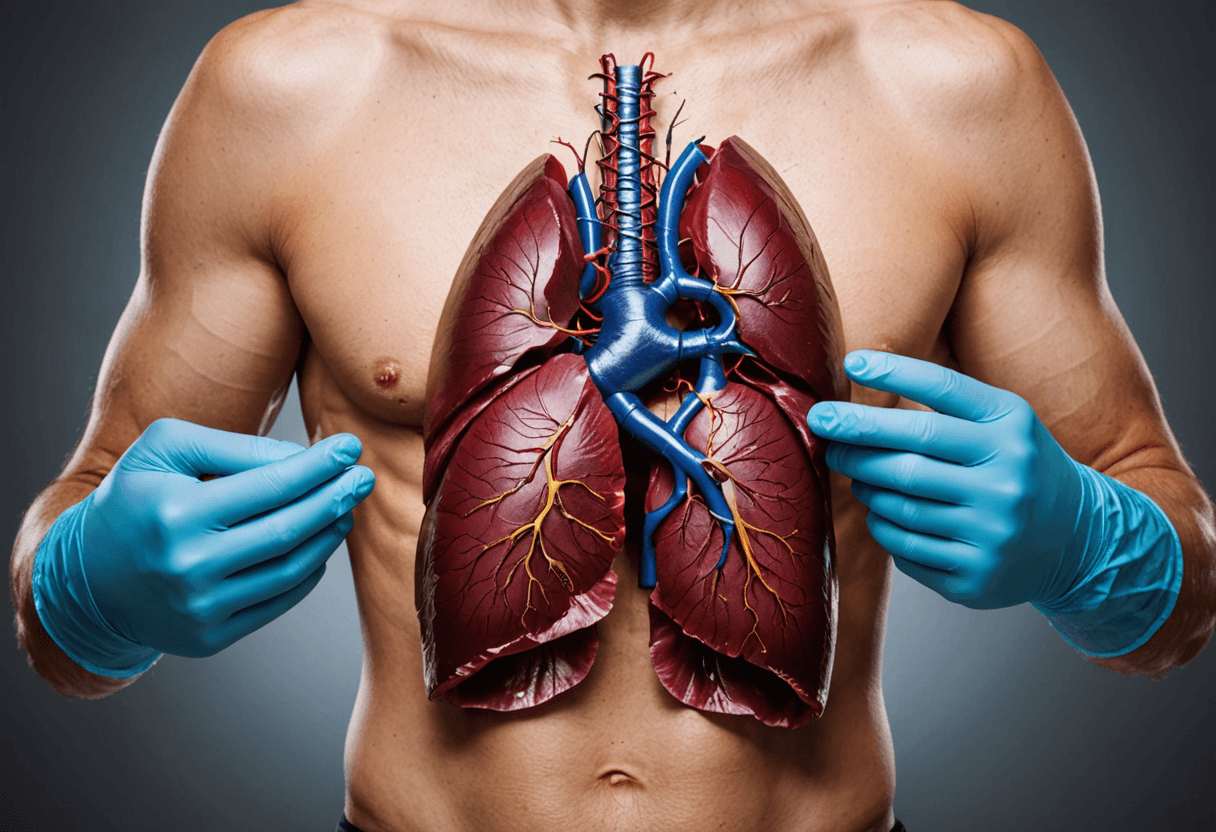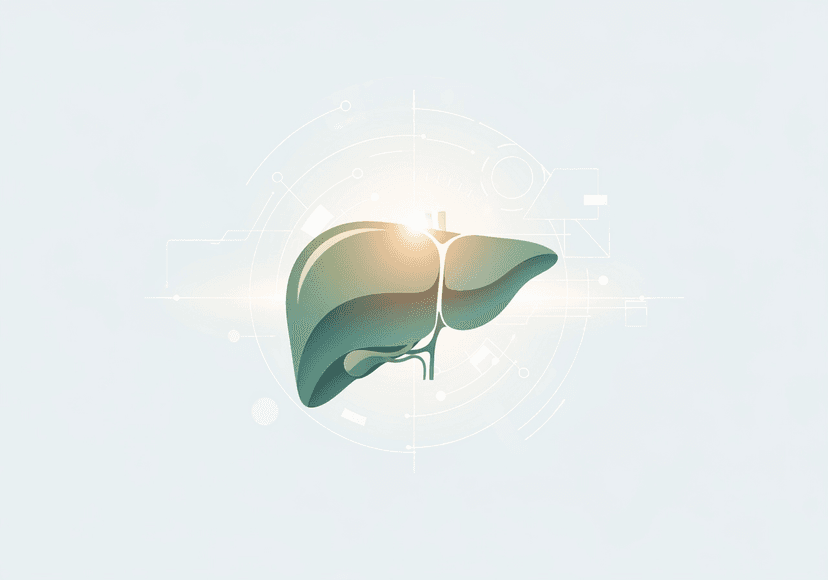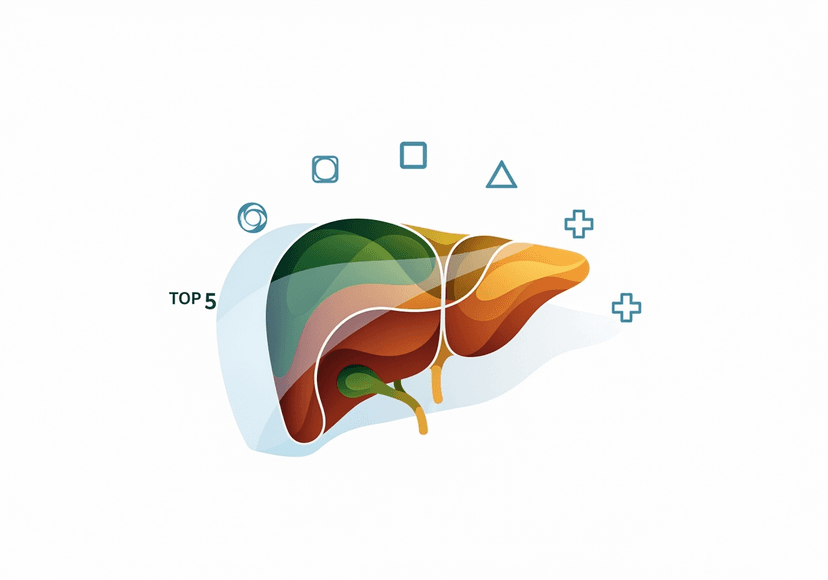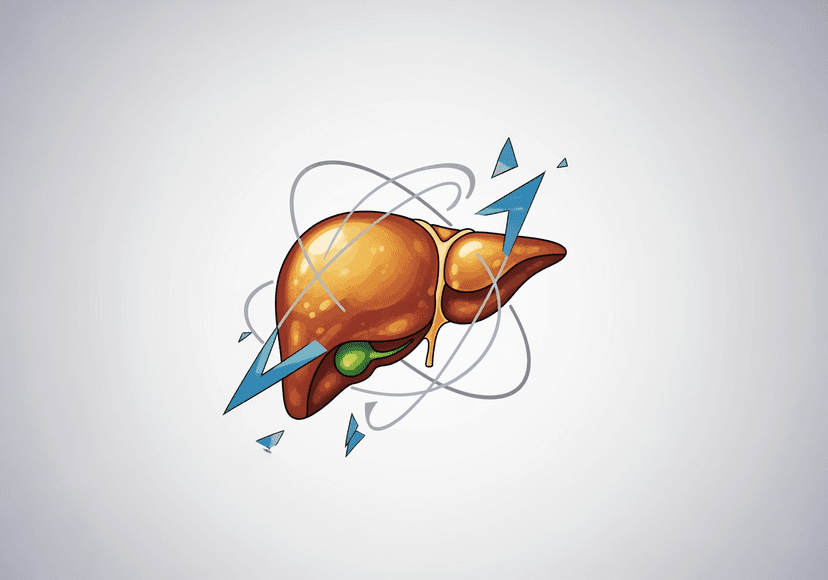
Understanding Liver Transplantation
06 Oct, 2024
 Healthtrip
HealthtripLiver transplantation is a life-saving medical procedure that has revolutionized the treatment of liver diseases. It's a complex process that involves replacing a diseased or damaged liver with a healthy one, and it's a testament to human innovation and medical advancement. Despite its complexity, liver transplantation has become a relatively common procedure, with thousands of transplants performed every year around the world. But what exactly is liver transplantation, and how does it work?
What is Liver Transplantation?
Liver transplantation is a surgical procedure that involves replacing a patient's diseased or damaged liver with a healthy one from a donor. The liver is a vital organ that performs many essential functions, including detoxifying the body, regulating metabolism, and producing bile to aid digestion. When the liver becomes severely damaged or diseased, it can lead to liver failure, which can be life-threatening if left untreated.
Most popular procedures in India
The liver is a unique organ that has the ability to regenerate itself, but in cases of severe damage or disease, this natural regeneration process may not be enough to restore liver function. In such cases, liver transplantation becomes the only viable option.
Types of Liver Transplantation
There are two main types of liver transplantation: orthotopic transplantation and heterotopic transplantation. Orthotopic transplantation involves replacing the diseased liver with a healthy one in the same location, while heterotopic transplantation involves attaching the donor liver to the recipient's liver, allowing both livers to function together.
Wellness Treatments
Give yourself the time to relax
Lowest Prices Guaranteed!

Lowest Prices Guaranteed!
In addition to these two types, there are also different sources of donor livers, including deceased donors, living donors, and split livers. Deceased donors are individuals who have died and have consented to donating their organs, while living donors are individuals who are willing to donate a portion of their liver to a recipient. Split livers involve dividing a deceased donor liver into two portions, each of which can be transplanted into a different recipient.
The Liver Transplantation Process
The liver transplantation process is a complex and meticulous one that involves several stages, from evaluation to post-operative care. The process typically begins with an evaluation, during which the patient's overall health is assessed to determine their suitability for transplantation.
Once the patient has been deemed suitable, they are placed on a waiting list for a donor liver. The waiting list is a priority list that takes into account factors such as the patient's medical urgency, their overall health, and the availability of matching donors.
The Surgery
The surgery itself typically takes several hours to complete and involves a team of experienced surgeons, anesthesiologists, and other medical professionals. The surgeon will make an incision in the abdomen to access the liver, and then carefully remove the diseased liver and replace it with the donor liver.
The surgery is a complex and delicate procedure that requires great skill and precision, and the surgical team will take great care to ensure that the donor liver is implanted correctly and that the patient's vital signs are stable throughout the procedure.
Post-Operative Care
After the surgery, the patient will be taken to the intensive care unit (ICU) for close monitoring and care. The patient will typically spend several days in the ICU before being transferred to a regular hospital room.
The post-operative care process is critical to the patient's recovery, and involves a range of medications, therapies, and follow-up appointments to ensure that the patient is recovering well and that the transplanted liver is functioning properly.
Lifestyle Changes
After a liver transplant, patients will need to make significant lifestyle changes to ensure that their new liver remains healthy and functional. This may include avoiding certain medications, avoiding alcohol and smoking, eating a healthy diet, and getting regular exercise.
In addition to these lifestyle changes, patients will also need to attend regular follow-up appointments with their healthcare team to monitor their progress and make any necessary adjustments to their treatment plan.
Liver transplantation is a remarkable medical procedure that has transformed the lives of thousands of people around the world. While it's a complex and challenging process, the benefits are undeniable, and with advances in medical technology and research, the future of liver transplantation looks brighter than ever.
Related Blogs

How Healthtrip Ensures Quality & Safety in Liver Transplant Procedures
Detailed guide on liver transplant, featuring doctors, hospitals, risks, recovery,

End-to-End Logistics for Liver Transplant with Healthtrip's Support
Detailed guide on liver transplant, featuring doctors, hospitals, risks, recovery,

Healthtrip's Care Coordinators: Your Support During Liver Transplant
Detailed guide on liver transplant, featuring doctors, hospitals, risks, recovery,

Top 5 Indian Hospitals for Liver Transplant
Detailed guide on liver transplant, featuring doctors, hospitals, risks, recovery,

Post-Liver Transplant Diet and Lifestyle Tips
Detailed guide on liver transplant, featuring doctors, hospitals, risks, recovery,

Common Risks in Liver Transplant and How Healthtrip Manages Them
Detailed guide on liver transplant, featuring doctors, hospitals, risks, recovery,










